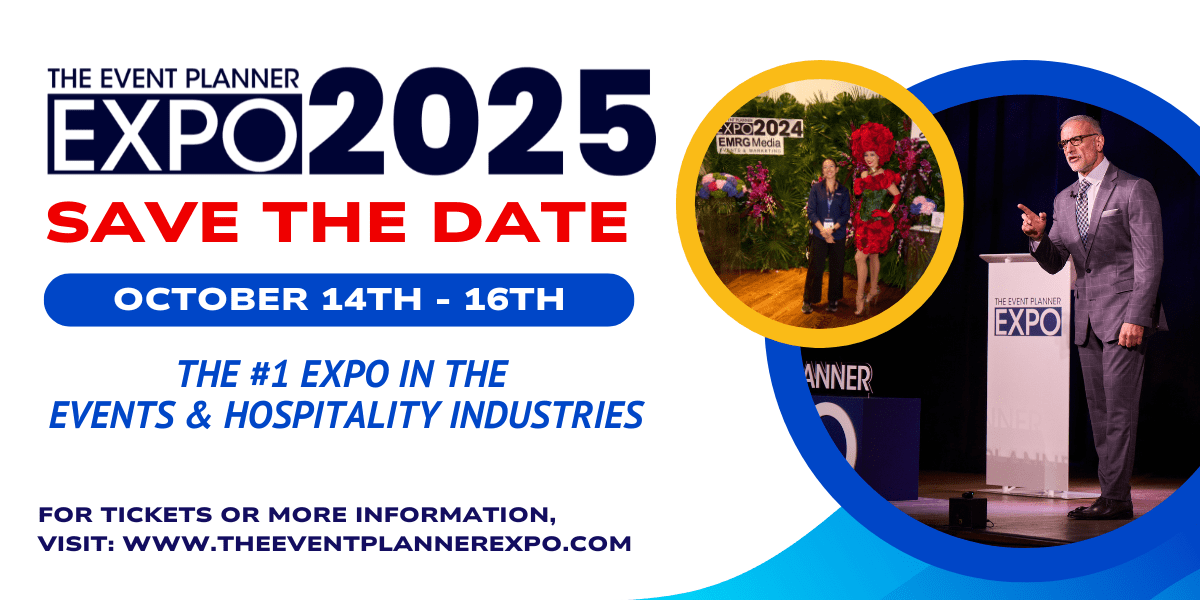You've been hard at work planning your event, and now you're ready to promote it. But what are the best event marketing tactics to get people excited about attending?
You need a marketing strategy!
I've spent years studying the most effective event marketing strategies for promoting events and I'm going to share them here with you.
Ready? Let's go!
Prepare
You've got to prepare. You have to be ready for anything, from the weather to a stampede of attendees. The more you can prepare in advance, the easier it will be for your event to run smoothly.
Here's what we recommend:
- Have a backup plan for everything: the weather, your speakers, and any other potential problems. If something goes wrong, be ready with a backup plan!
- Have plenty of supplies on hand: pens, paper towels, extra chairs if needed. You never know what might happen at an event—you need to be prepared!
- Be sure to have enough volunteers on hand and make sure they know what their roles are: You need people who are willing and able to help with set-up and clean-up, as well as any other duties that might come up during the day. Make sure you have enough volunteers so that everyone has a role in making sure everything goes smoothly!
- Make sure your speakers know what's expected of them and when: They should practice their presentations ahead of time, so they can get comfortable with it and feel confident delivering it in front of an audience.
- Ensure that have everything you need for the event: You don't want to be scrambling at the last minute trying to find something that was forgotten! Make a checklist of all of the supplies and equipment you'll need and make sure it's all in place before your volunteers arrive.
Promote
The second P is Promote. If you don’t promote your event, it won’t happen (or if it does happen, it won’t be very successful). How are people going to know about your conference? You need an event marketing strategy, and one of the best ways to market an event is through social media.
You can also use traditional marketing methods like flyers, email marketing campaigns and print advertising. I recommend combining these techniques with social media since they reach different audiences.
The key here is starting early! Your event marketing efforts should start at least 3 months before the big day so that people can plan their schedules around it and make sure they don't miss out on what could easily become their biggest event of the year!
Process
Your process starts with a plan, but not just any plan. You need to have a clear vision of what you want to accomplish and how you're going to do it. A good process is flexible enough that it allows for change, but also specific enough that it keeps everyone on track.
Once you've got your plan in place, take some time with your team to break the project down into smaller pieces so everyone knows exactly what their responsibilities are and how they fit into the whole picture.
The best results come when your team has ownership over their work; this means that every step along the way should be documented by someone who understands what's happening, not just at an abstract level but in terms of real-world outcomes (like leads generated).
If something isn't working as expected or needs tweaking, don't be afraid to make changes! Just remember: It's better to change course earlier than later down the road when things have already gotten off track.
Conclusion
The three Ps should be a guiding light for any event marketing effort. They’ll help you plan, promote and process an event that will turn heads in your industry.
It takes some patience and creativity, but if you follow these steps carefully, the results will be worth it. We hope this article has given you some new ideas to consider when planning your next corporate event!
To learn more about how to make the best of your event marketing efforts, be sure to get on the waiting list for our next Event Planner Expo. Our workshops and speakers are always full of amazing tactics that will help your event business grow!
























